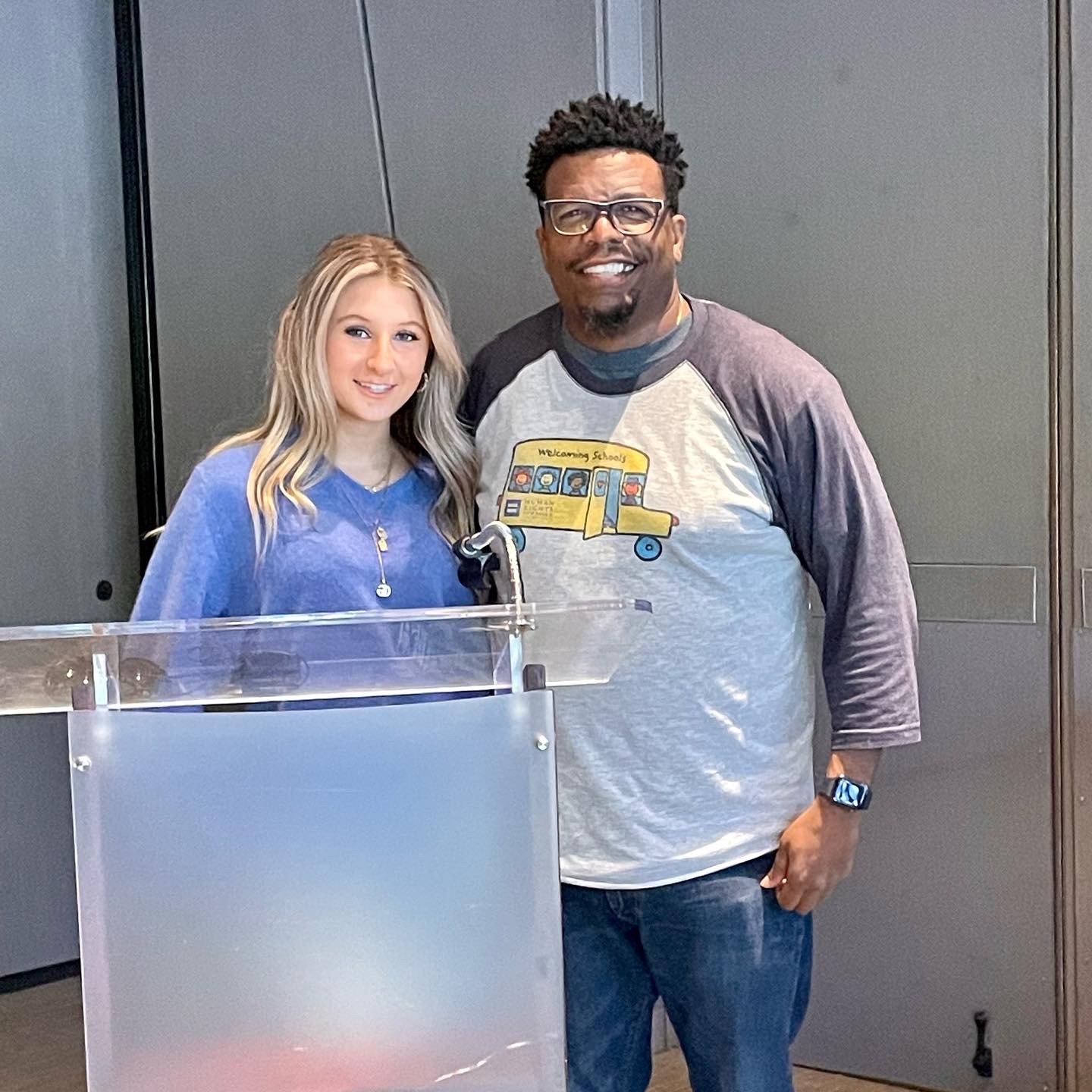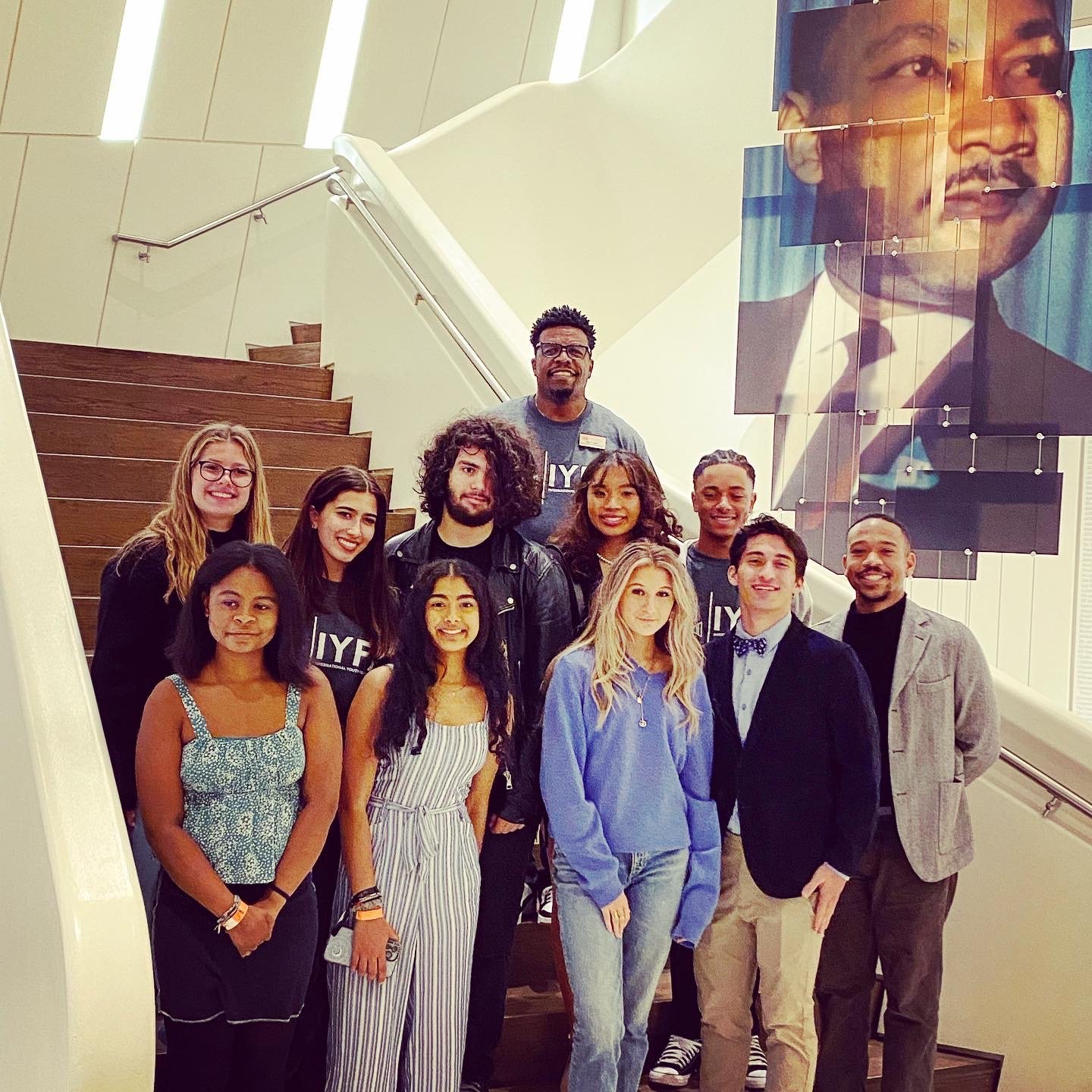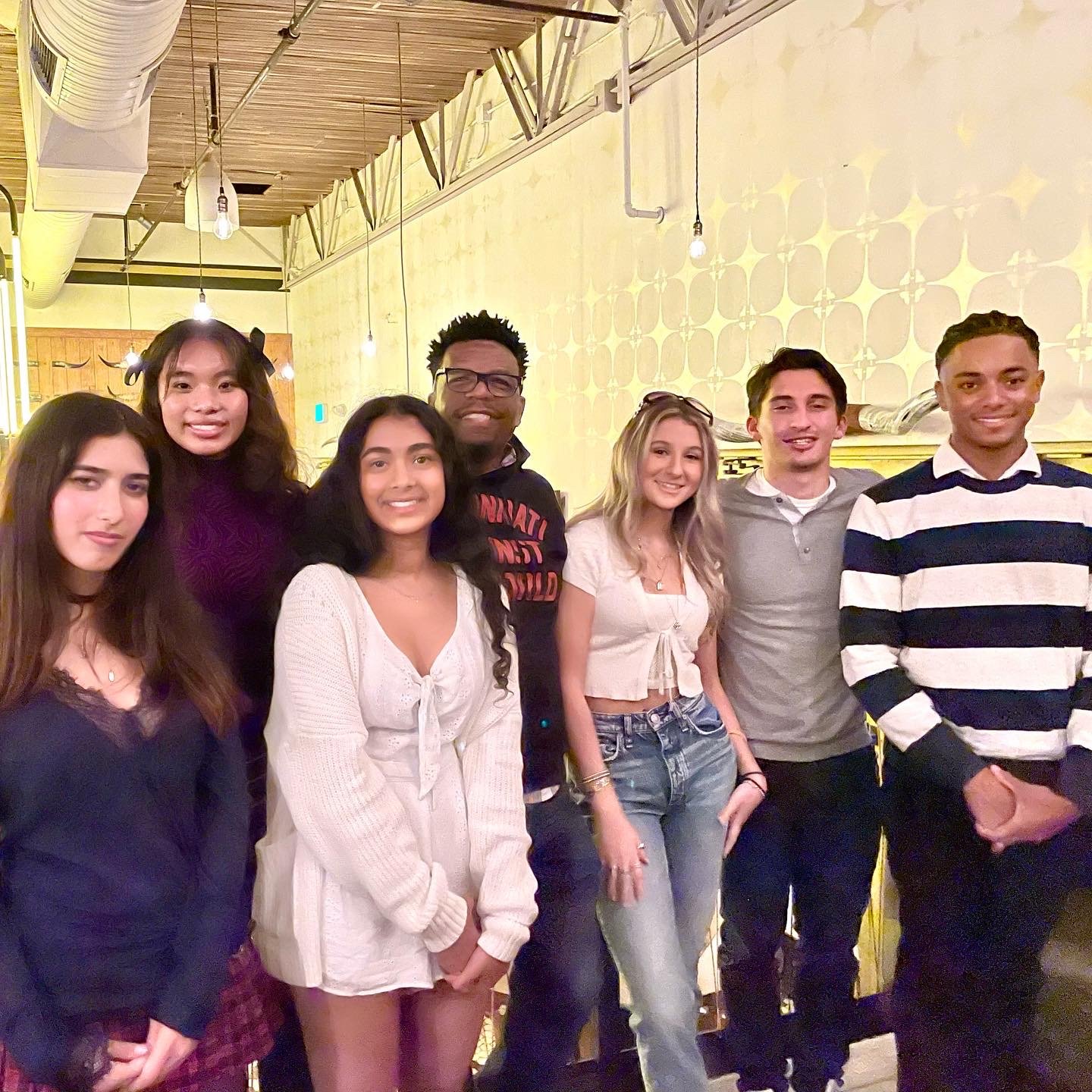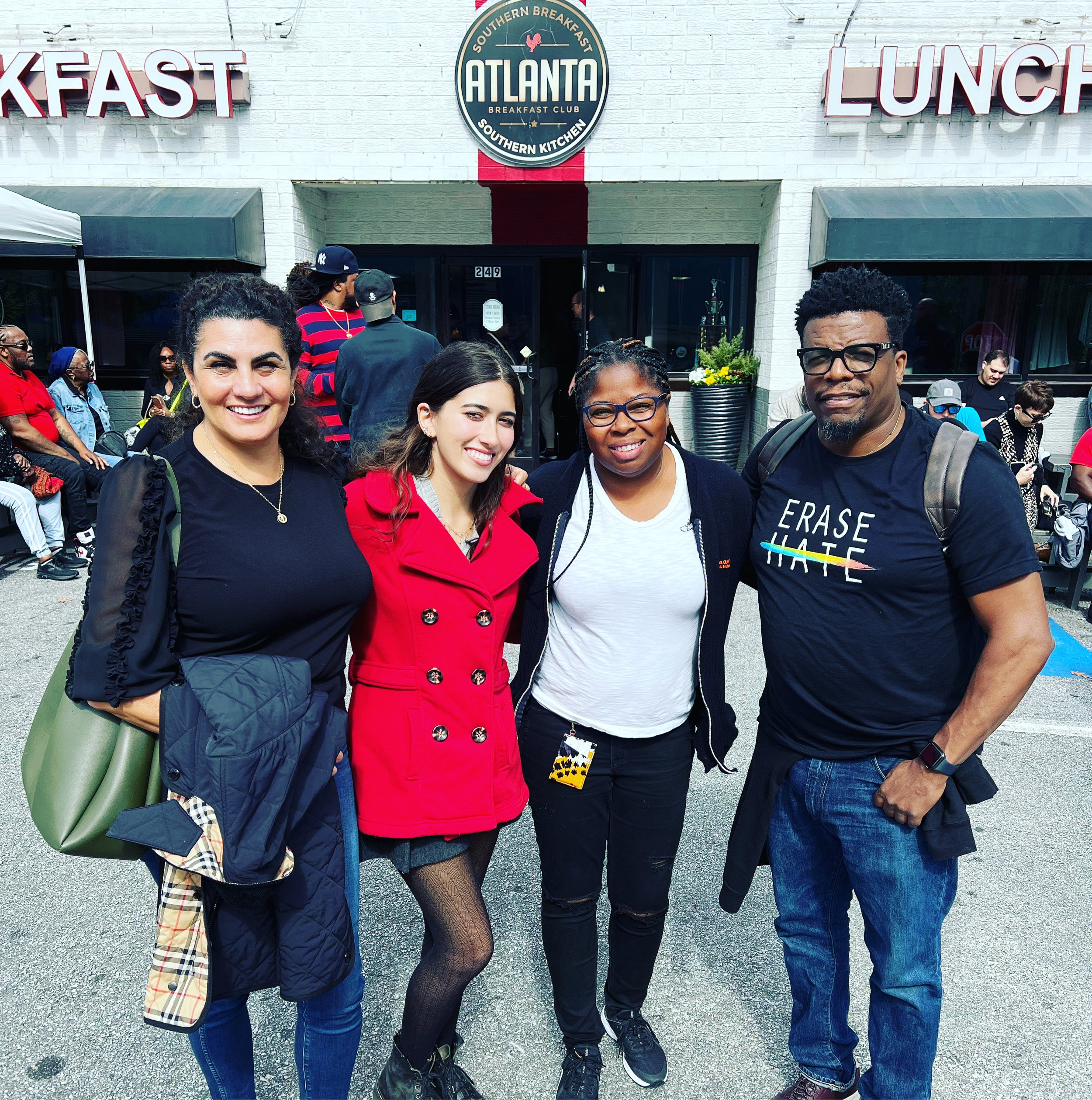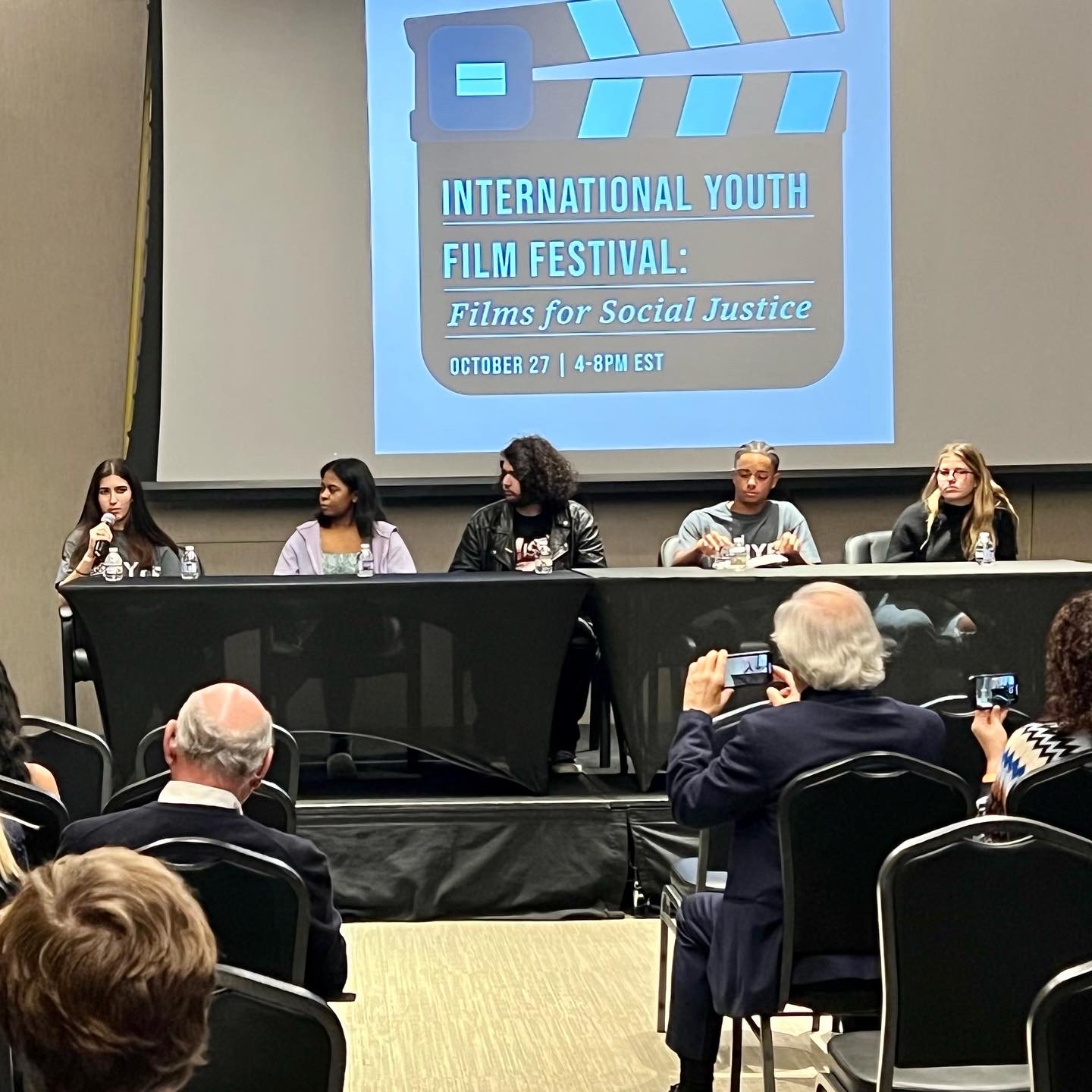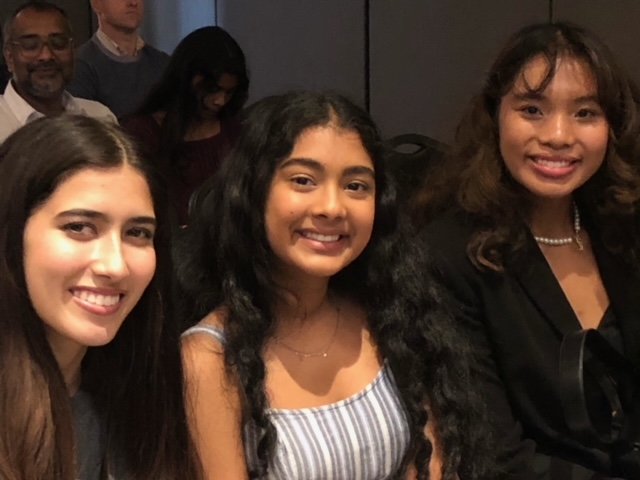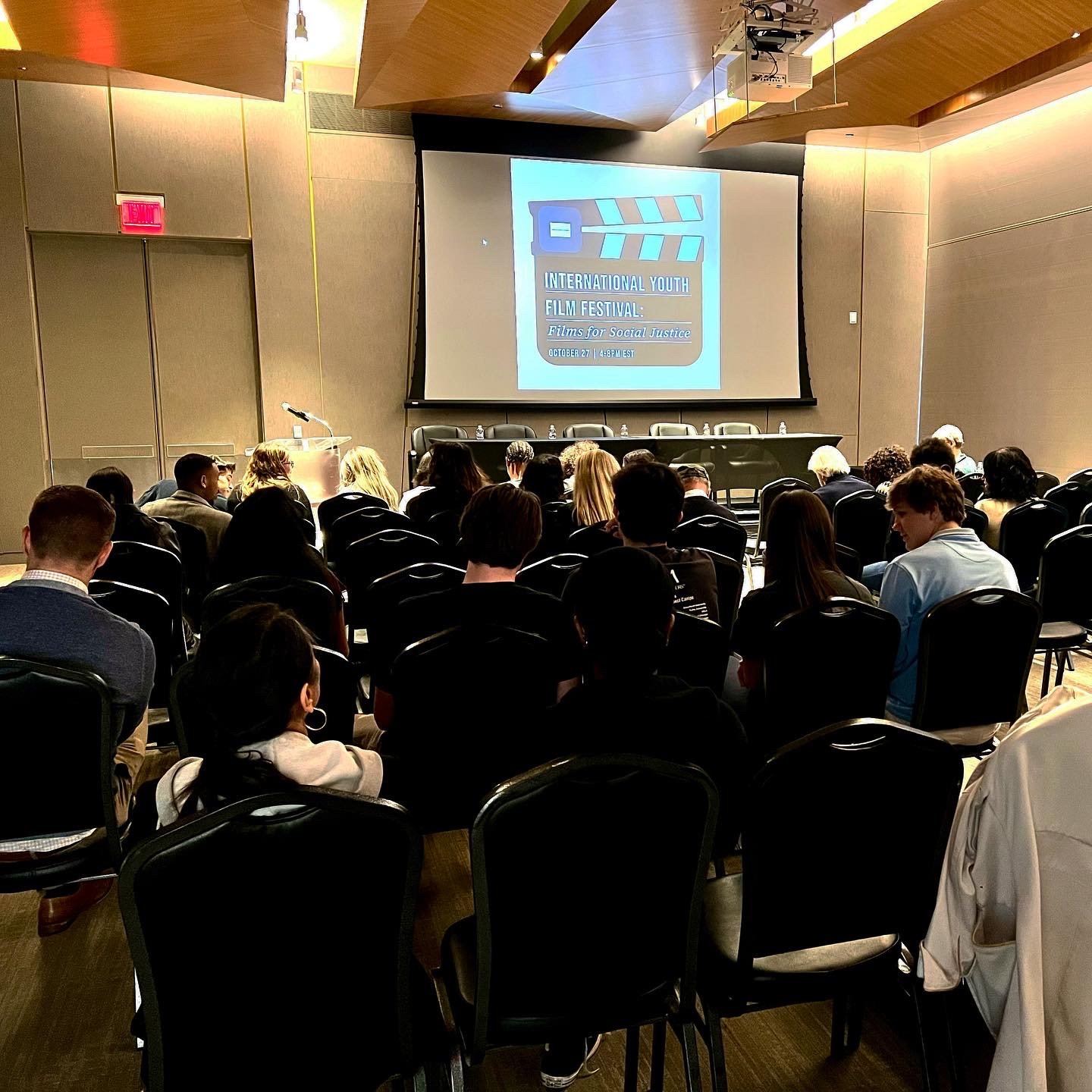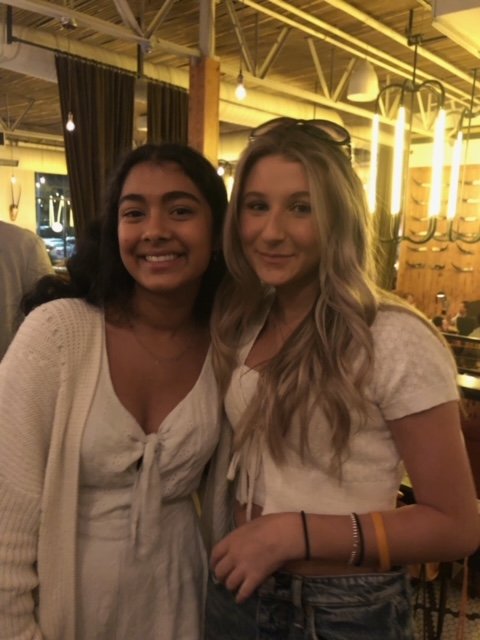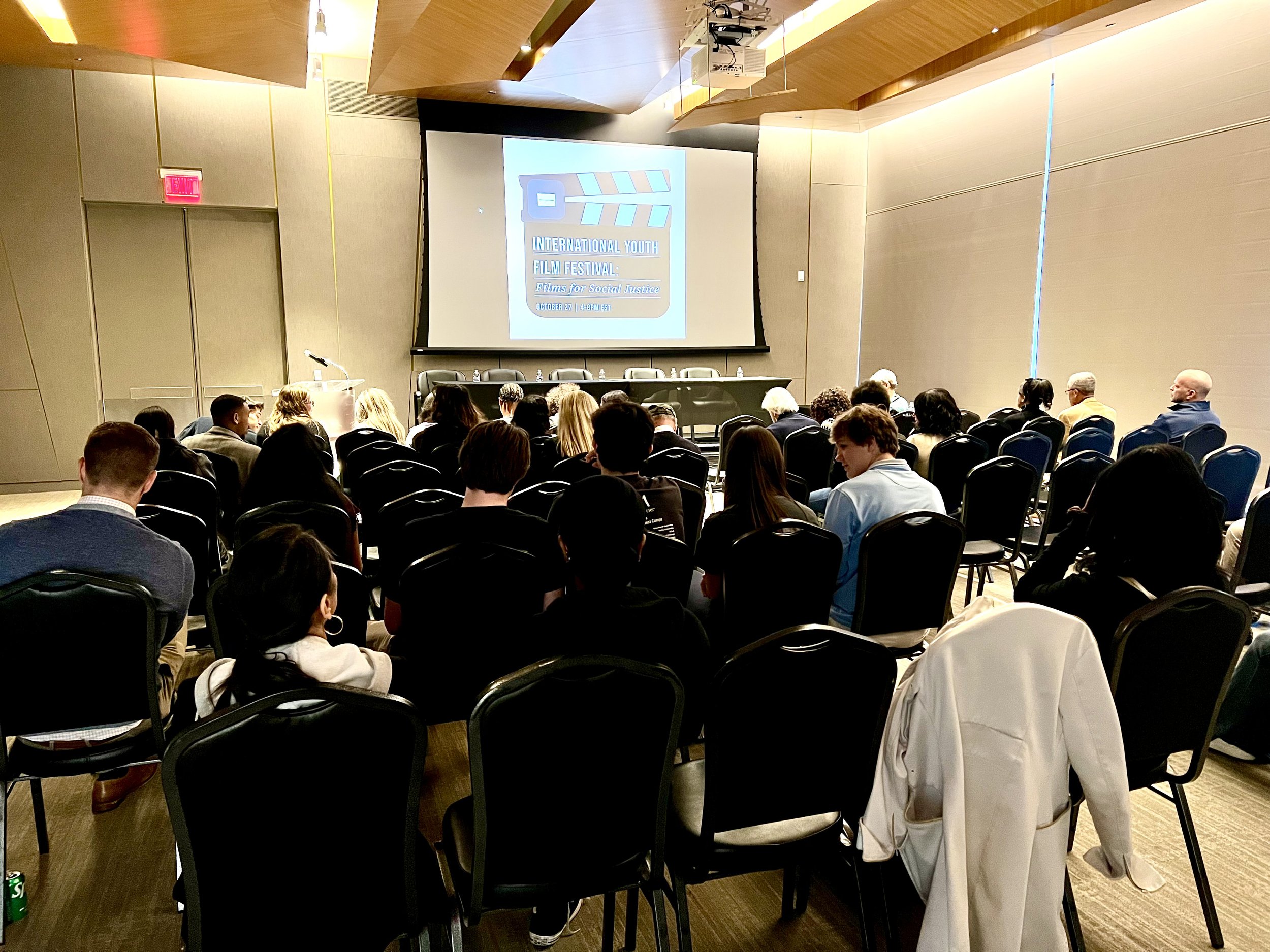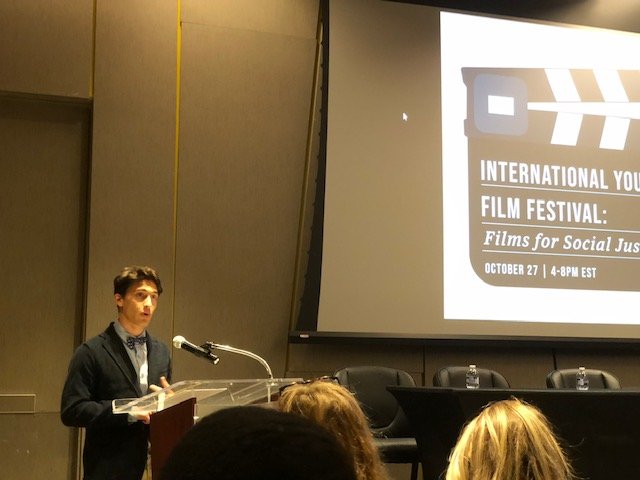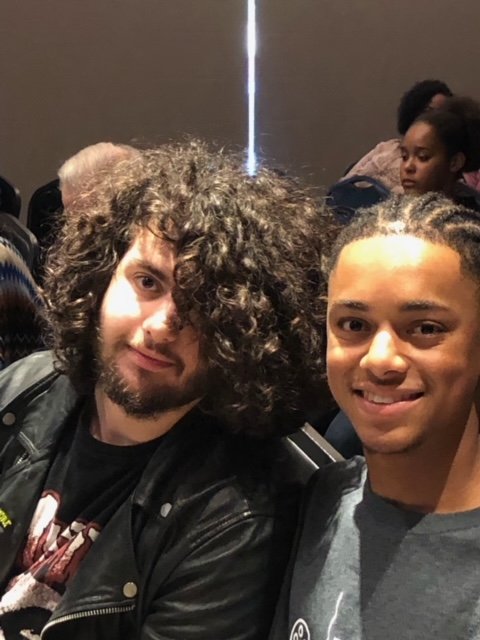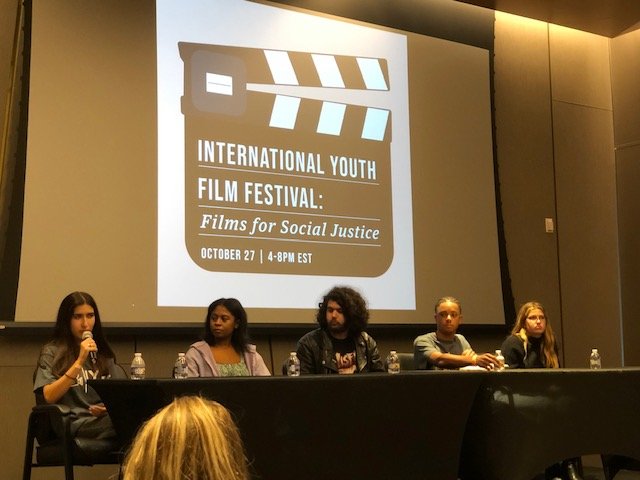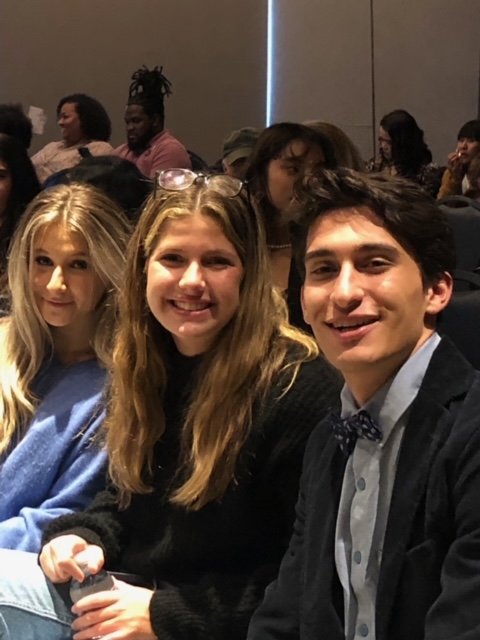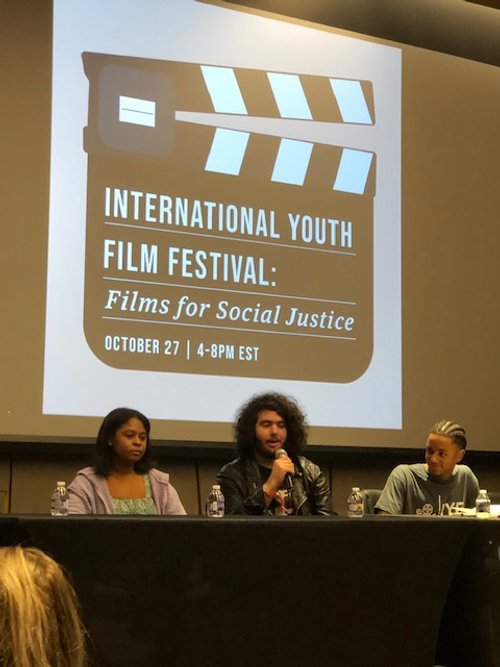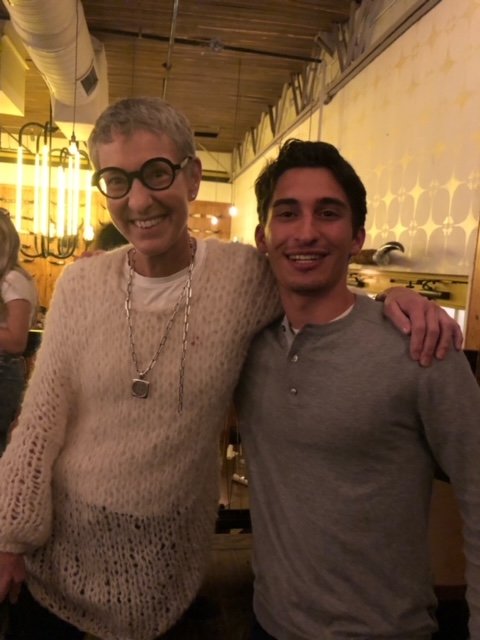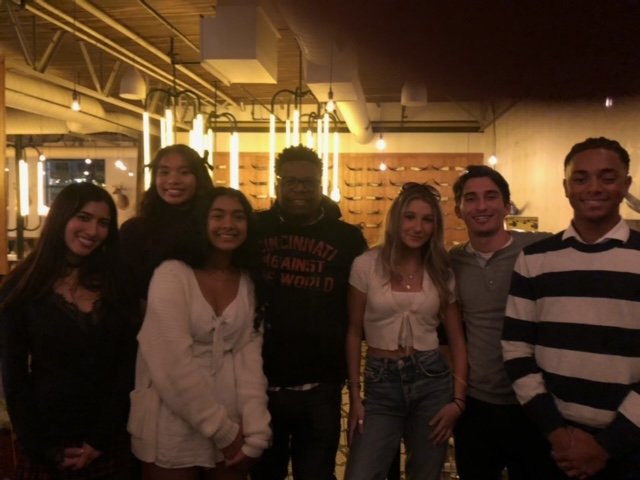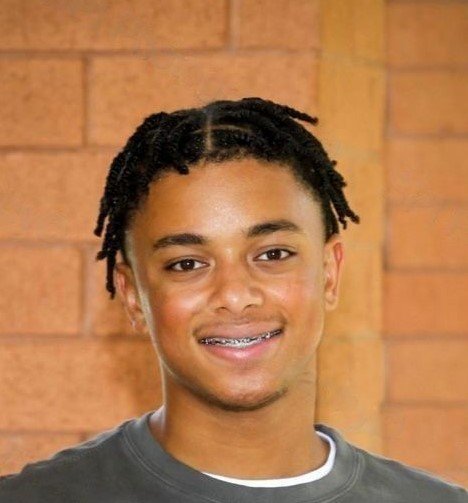FILMS FOR SOCIAL JUSTICE
The International Youth Film Festival’s Films for Social Justice Symposium took place at the National Center for Civil and Human Rights in Atlanta, GA on October 27, 2022.
The event convened young filmmakers and community leaders from around the world for an inspiring evening of film, speakers and panel discussion. Browse the page below for a full list of speakers and screenings.
FEATURING
Host
JACK WAGREICH
Keynote
NIGEL SAPP
Keynote
FRANCESCA CASCIARI
Panelist
AMINA FORD
Panelist
FRANCESCA KRIKORIAN
Panelist
JAYDEN PIERRETTE
Panelist
SYD LAMENDOLA
Panelist
willow becker
Outreach Coordinator
ARYA DOSHI
Outreach Coordinator
SHAYLA LIEU
HIJA CALLADA
generational trauma
Hija Callada (The Silent Daughter) powerfully explores the impact of Generational Trauma and begins to examine how speaking truth to power can set a foundation for social change and making a difference in Latinx communities. Co-directed by youth filmmakers Francesca Krikorian (17), Stephanie Barcenas (16), Julissa Montiel (16) the film discusses The Machismo Effect-- a strong or aggressive masculine pride that is very prominent in many Latin households. Three generations of Mexican women from three different families sharing their personal stories as a way of demonstrating that people affected by generational trauma are not alone. More importantly, it shows how speaking up is a first step towards breaking the cycle.
L’CHAIM
A Short Documentary Examining Germany’s History of Antisemitism
“I hope to help people understand the history of Jews in Germany, its impact on the present generation, and the danger of rising antisemitism.” – Semon Shabaev, Director
Nineteen-year-old Semon Shabaev is part of a thriving Jewish community in Berlin, Germany. Despite his country’s dark history, Shabaev embraces his religious and cultural heritage. As the last generation of Holocaust survivors fades, a new wave of Jews, including Shabaev’s family, has emigrated to the country that attempted to eradicate them. Shabaev interviews community leaders, friends, and rabbis, observes a remembrance service, and facilitates a cross-cultural workshop, as he examines German-Jewish identity.
Mentored by filmmaker Anja Baron, Shabaev shines a light on resurgent Jewish life in Germany at a time of rising worldwide antisemitism. Today the world is seeing a rise in antisemitism. The Anti-Defamation League reports that the number of of antisemitic incidents and assaults on Jews and Jewish institutions in the United States has doubled in the last year, and that one billion people (26 percent of the world’s population) harbor antisemitic attitudes.
Shabaev’s parents emigrated to Germany from Russia in the 1990s. Semon’s film dives into the question of identity, of feeling both German and Jewish, and addresses the historic burden and guilt of the Holocaust carried by his adoptive country. Semon explores German-Jewish identity and the Holocaust by examining silent memorials, active remembrance, and daily echoes of the Holocaust in everyday life in Berlin. He focuses on efforts to both understand antisemitism and find ways not to repeat the past. At the same time, he introduces us to a lively community of young German Jews and the joyous celebration of their rich heritage and culture.
I COULD TELL YOU ‘BOUT MY LIFE
juvenile justice
“It’s important to tell your story because everyone has a different point of view and you never know when your point of view can help the next person. It’s a chance to speak about how you feel… and establish a connection.” - Mike Martin, Director
Mentored by filmmakers Chiemi Karasawa and Hollis Meminger, 19-year-old Michael Martin reflects on his incarceration on Rikers Island and the affect it had on his life.
On April 10th, 2017 New York Governor Andrew Cuomo signed a law inspired by the “Raise the Age” movement and New York is now raising the age of criminal responsibility to 18 years old, no longer prosecuting and incarcerating 16- and 17-year-olds as adults. When Michael Martin got arrested at age 17, this law did not exist. As a result, a judge sentenced him to jail time on Rikers Island.
In crafting I Could Tell You ‘Bout My Life, Michael recounts events that led to his incarceration. He describes being bored, “hanging with the wrong crowd” and interviews his 64-year-old grandmother about raising five children in a single bedroom, East Harlem apartment. When Michael asks his grandmother, Cynthia, how she became his guardian, she recalls how his mother “had problems,” and in order to avoid Michael falling into foster care, she “told that social worker I was taking you home with me.” She describes using a monthly $231 from the Human Resources Administration and wages earned during 12-hour shifts, Cynthia fed and clothed Michael and his siblings.
As Michael narrates his journey, he raps the chorus from a song he wrote: “A couple young’uns always breaking rules, never staying true just the summer time blues … yea I barely even know my mother, always played the block but those was my brothers, ‘cause where I’m from we don’t switch on each other.” Using a percussion track as a minimalistic score, Michael used his rhymes and a GoPro to document his story.

